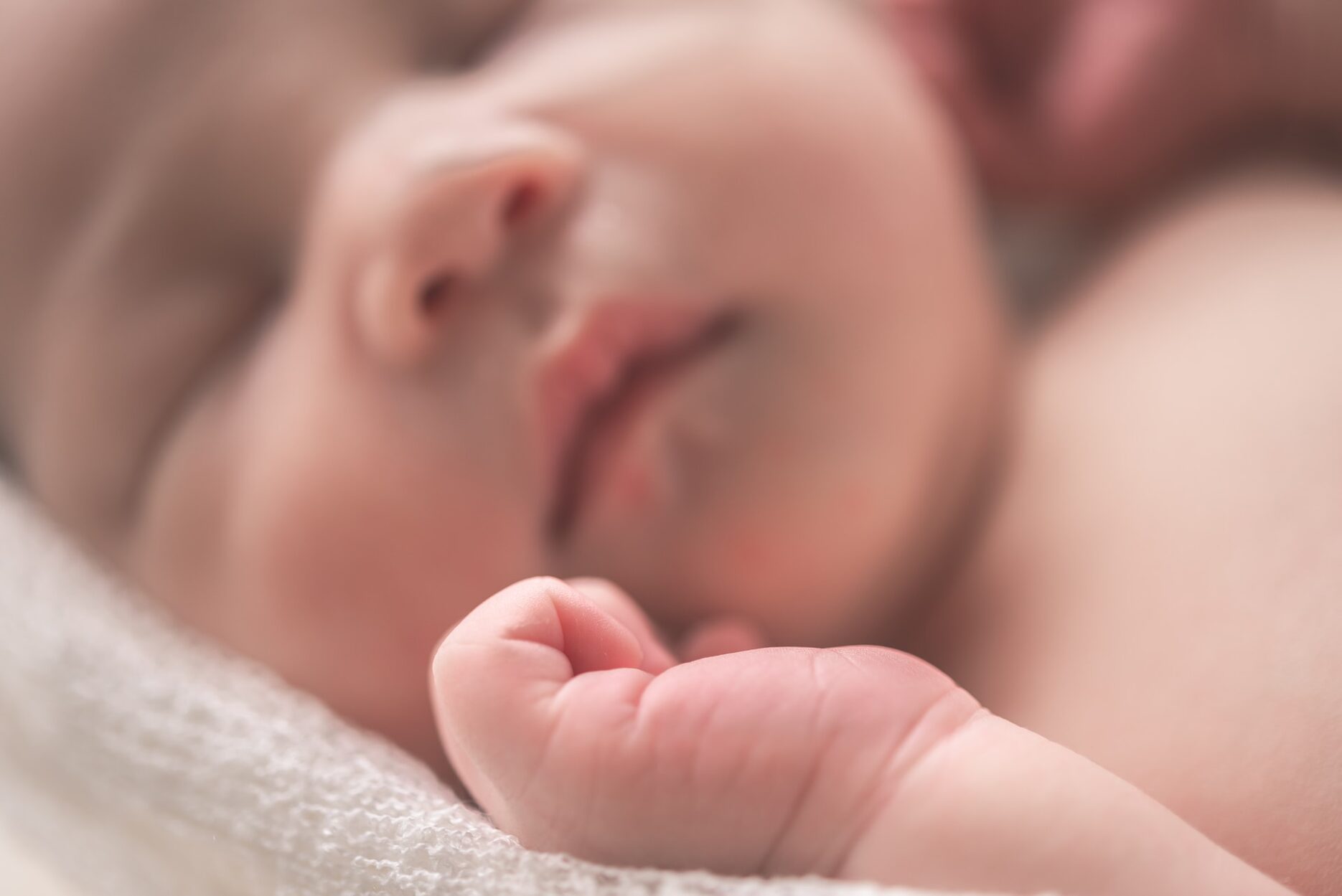After becoming the first Chinese internet company to roll out hybrid working, the online travel agency Ctrip is upping its support for new parents, according to a leaked company-wide email.
From July 1, Ctrip employees can get 10,000 RMB (1378 USD) each year for the first five years of their newborn’s life. Fulltime employees who have worked at the company for more than 3 years are eligible for the benefit, regardless of gender. Ctrip plans to invest a total 1 billion RMB (137 million USD) in this scheme and predicts at least 20,000 newborns will benefit from it.
Whilst the scheme applies to employees based anywhere across Ctrip’s 16 operational regions, the support is particularly timely in China, which was recently named the world’s second most expensive country in which to raise children. Private enterprises helping to tackle this issue will likely be welcomed by the government as the country enters a likely irreversible population decline.
James Liang Jianzhang, co-founder and chairman of Ctrip, is well-versed in these issues as a published scholar on demographics. Liang has been vocal about the adverse effects of the one-child policy, which resulted in his brief suspension from Weibo (China’s Twitter equivalent) after he shared an article he authored that implied policy-makers in China “lacked scientific decision-making”.
Liang has been rolling out company policies to boost births as far back as 2015 when Ctrip began covering some transportation expenses and medical fees for pregnant employees. In the years since, the company has also introduced mother and baby rooms in some offices and financial assistance with egg freezing.
The latest subsidies announcement from Ctrip was met with some criticism online, with many commenters expressing that similar actions should be taken by the government, rather than by a private company. Others bemoaned the fact the proposed amount simply won’t cover the costs of having a child. The topic, which received close to 50 million views on Weibo, also prompted some more incisive analyses:
“Given the income of Ctrip employees, probably not many of them would have an additional child just because of the 50,000 RMB incentive,” wrote one science blogger with close to 1 million followers. “The 1 billion RMB invested in subsidies will mostly go to children that would have been born otherwise, with a limited increase in births as a result of the incentive.”









